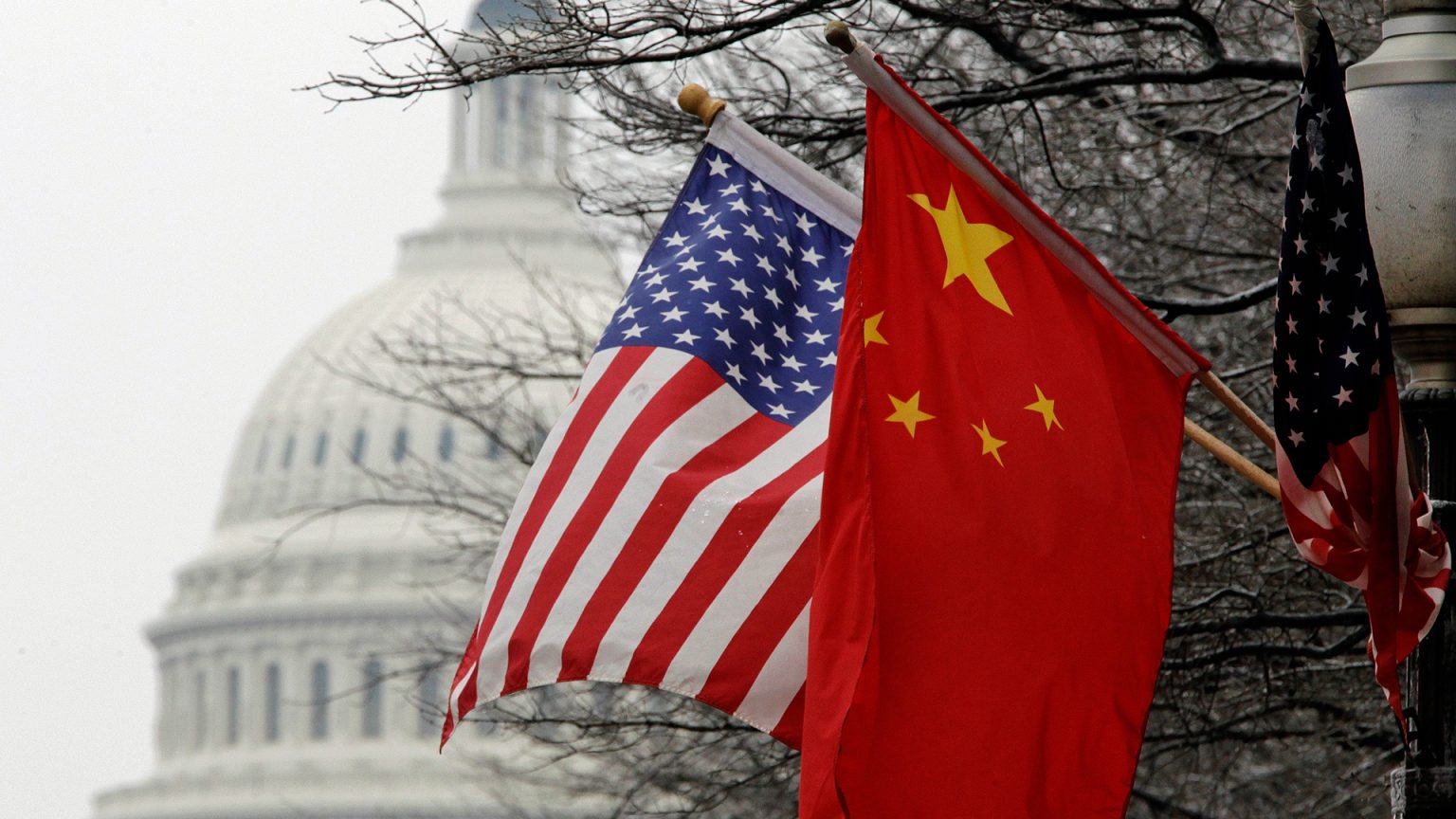In response to Chinese imports affecting various industries in the United States, President Joe Biden has implemented increased tariffs on products such as electric vehicles and solar cells. These tariffs are aimed at protecting American industries and workers from what is perceived as unfair competition from China. The move comes after many American factories have blamed Chinese imports for driving them out of business and causing job losses for more than a million people. The goal is to prevent China from unfairly controlling the market and to support domestic industries.
As a result of the tariffs imposed by the US, China has launched an anti-dumping inquiry. This serves as a countermeasure to protect its own industries and exports from the increased tariffs. The escalation of trade tensions between the two countries reflects broader geopolitical and economic issues at play. Both sides are taking actions to safeguard their interests and maintain control over key sectors of the economy. The anti-dumping investigation is likely to have ripple effects on global trade as tensions between the US and China continue to rise.
Meanwhile, Cuba’s sugar industry is facing a crisis that further adds to the economic challenges facing the country. The industry has been affected by a combination of factors, including poor weather conditions and a lack of investment in infrastructure. This has led to a decline in sugar production and exports, impacting the overall economy of Cuba. The situation highlights the vulnerability of industries in developing countries to external shocks and disruptions.
In addition to the trade tensions between the US and China and the challenges facing Cuba’s sugar industry, the world is also facing shortages of critical minerals. These minerals are essential for various industries, including technology, defense, and energy. As demand for these minerals continues to grow, supply chain disruptions and geopolitical factors are leading to shortages and price spikes. This has raised concerns about the reliance on a few key producers and the need for diversification and increased investment in critical mineral supply chains.
The ongoing trade disputes and economic challenges underscore the need for countries to reevaluate their trade policies and strategies. As globalization and interconnectedness continue to shape the global economy, countries must find a balance between promoting domestic industries and fostering international trade relations. Addressing issues such as unfair competition, supply chain vulnerabilities, and industry crises requires collaboration and cooperation among nations. Finding sustainable solutions to these challenges will be crucial for ensuring economic stability and growth in the face of ongoing uncertainties.
In conclusion, the tariffs imposed by the US on Chinese imports, China’s anti-dumping inquiry, Cuba’s sugar industry crisis, and global shortages of critical minerals are all interconnected issues that highlight the complexities of the modern global economy. As countries navigate trade disputes, economic crises, and supply chain disruptions, it is essential to prioritize long-term sustainability, resilience, and cooperation. Finding common ground and working towards mutually beneficial solutions will be key to overcoming these challenges and fostering a more stable and prosperous global economic environment.


